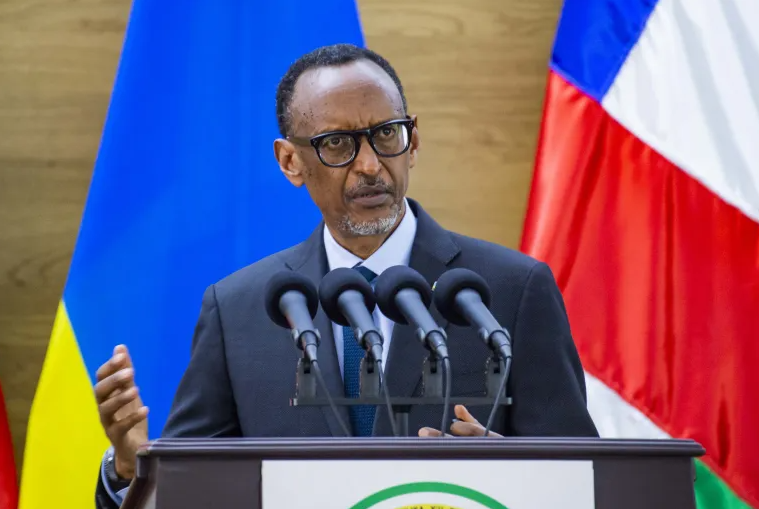
The United States has reached a new agreement with Rwanda to deport up to 250 migrants to the East African nation, marking Washington’s latest use of third-country deportation deals to curb irregular migration.
- The United States signed an agreement with Rwanda in June to relocate up to 250 migrants to the East African nation.
- Only certain non-citizens who meet specific criteria will be accepted under the deal, and funding for the deportations will be provided by the U.S.
- The deal reflects continued U.S. efforts to manage irregular migration through third-country relocation agreements.
According to Reuters, which first reported the arrangement, the deal was signed in Kigali in June and signals deeper cooperation between the two countries on immigration enforcement. A Rwandan government spokesperson confirmed the deal, while an official familiar with its implementation revealed that the U.S. had already submitted a list of 10 individuals to be vetted for transfer.
“Rwanda has agreed with the United States to accept up to 250 migrants, in part because nearly every Rwandan family has experienced the hardships of displacement, and our societal values are founded on reintegration and rehabilitation,” said Yolande Makolo, spokesperson for the Rwandan government.
In recent years, Rwanda has emerged as a key player in Western efforts to offload asylum seekers, a role further confirmed in May when Foreign Minister Olivier Nduhungirehe revealed that preliminary talks had begun with the United States to accept deported migrants.
Recall Rwanda also signed a controversial agreement with the United Kingdom in April 2022, which proposed relocating migrants who entered Britain illegally after January 1 of that year.

The deal, however, was officially scrapped in 2024 by newly elected Prime Minister Keir Starmer following a prolonged legal battle that prevented any deportations.
The United states’ third country deportation scheme
The United States is increasingly relying on third-country deportations which involves removing migrants not to their home countries but to unfamiliar nations with which they have no personal or legal ties.
Africa has emerged as a central testing ground for this controversial approach, as Washington quietly forges bilateral deals behind closed doors.
The latest agreement with Rwanda reflects a broader strategy, particularly under President Donald Trump’s administration, to externalize immigration enforcement by outsourcing deportations to countries willing to host non-citizens expelled from the U.S.
According to Reuters, the U.S. will fund this round of deportations to Rwanda through a grant, though officials declined to disclose the value. The deal permits both governments to expand the number of deportees beyond the initial 250 by mutual agreement.
However, those relocated to Rwanda will not be compelled to remain in the country and may leave at their discretion.
Kigali has also set clear parameters on who will be accepted. Only individuals who have completed their prison terms or have no outstanding criminal cases will be admitted.
There is no arrangement for deportees to serve out U.S. sentences in Rwanda, and the country will not accept child sex offenders.
This latest move adds a new layer to the ongoing debate over Western migration policies and the increasing trend of outsourcing border control to African nations.












